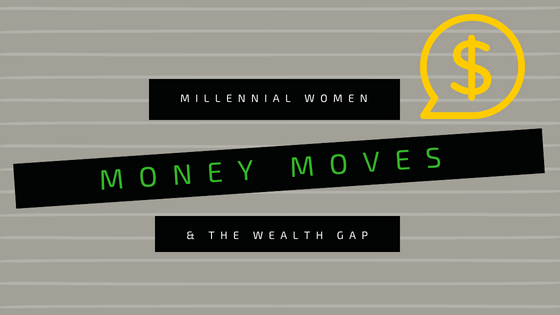Abortion rights, women of color, and LGBTQI+ people are under attack. Pledge to join us in fighting for gender justice.
The Pandemic Widens the Retirement Gender Gap

I’ve worked in the employee benefits industry for nearly six years and understand the importance of retirement planning. But for many—particularly women of color—saving for retirement is a luxury they simply cannot afford. And even when women can save for retirement, they still face higher levels of retirement insecurity than men. This is called the “retirement gender gap,” and it exists for three main reasons:
- Wage gaps lead to savings gaps. It is no secret that women typically are paid less than men. And the less money you make, the less you can save for retirement. Data shows that full-time working women are only paid 83 cents for every dollar that men are paid. So, a woman could lose $417,400 over a 40-year career. Considering that financial advisors recommend saving at least 15% of annual income for retirement, the gender wage gap means a woman misses out on investing more than $60,000 over 40 years. Even more alarming is the wage gap for full-time working women of color. Black and Latina women typically are paid 64 cents and 57 cents, respectively, for every dollar that a white, non-Hispanic male makes. And this gender wage gap carries into retirement, with women over 65 receiving only 83 cents in retirement income for every dollar that men in the same age bracket receive.
- Caregiving responsibilities disproportionately fall to women. One in five adults are caregivers and of those, 58% are women. Torn between responsibilities at home and at work, women often transition to part-time work or leave the workforce altogether. The decision stunts salary growth, slows retirement saving capacity, and lowers expected Social Security benefits.
- Women need more retirement income because they live longer. On average, women live five years longer than men, which means they face additional years of heath care costs. Women use long-term care services at substantially higher rates than men—they make up 66.8% of nursing homes and 70.2% of residential care communities. A retired 65-year-old woman will spend, on average, $47,000 more on health care expenses than her male counterpart.
Because of the pandemic, women face even higher levels of retirement insecurity.
The pandemic has disproportionally impacted women—especially Black women and Latinas. Between February and April 2020, women lost 12.2 million jobs, and there are still over 2.4 million net jobs lost by women as of the end of October 2021—which means that women have lost 610,000 more jobs than their male counterparts. Moreover, women’s income insecurity also increased when they were offered fewer work hours. This “she-cession” developed because the industries most impacted by the pandemic have been those where women predominate—including retail and hospitality.
Factors like lack of access to affordable child care and fear of getting COVID-19 on the job and bringing it back to their children, has reduced hours for millions of women or pushed them out of the labor force entirely. As of October 2021, women’s labor force participation rates are the lowest they have been in more than three decades.
These hardships impact women’s finances, further frustrating their ability to save for retirement. Among women who lost a job during the pandemic, 23% reported increasing their credit card debt, 20% borrowed from family, and 11% took money out of their retirement savings.
Policymakers must act now to close the retirement gender gap.
The long-term financial impact of the pandemic will follow women into their retirement. Policymakers must act now and invest in policies to increase women’s retirement security.
This includes:
- expanding child care assistance, home- and community-based services, and paid family and medical leave so that women do not have to choose between working and caring for themselves or their family;
- raising the minimum wage to close gender and racial wage gaps;
- improving Social Security; and
- acknowledging unpaid caregiving work in the Social Security benefit formula so that women are not penalized for choosing family over career.
If we don’t act now, women will feel the impacts of the pandemic for the rest of their lives.





